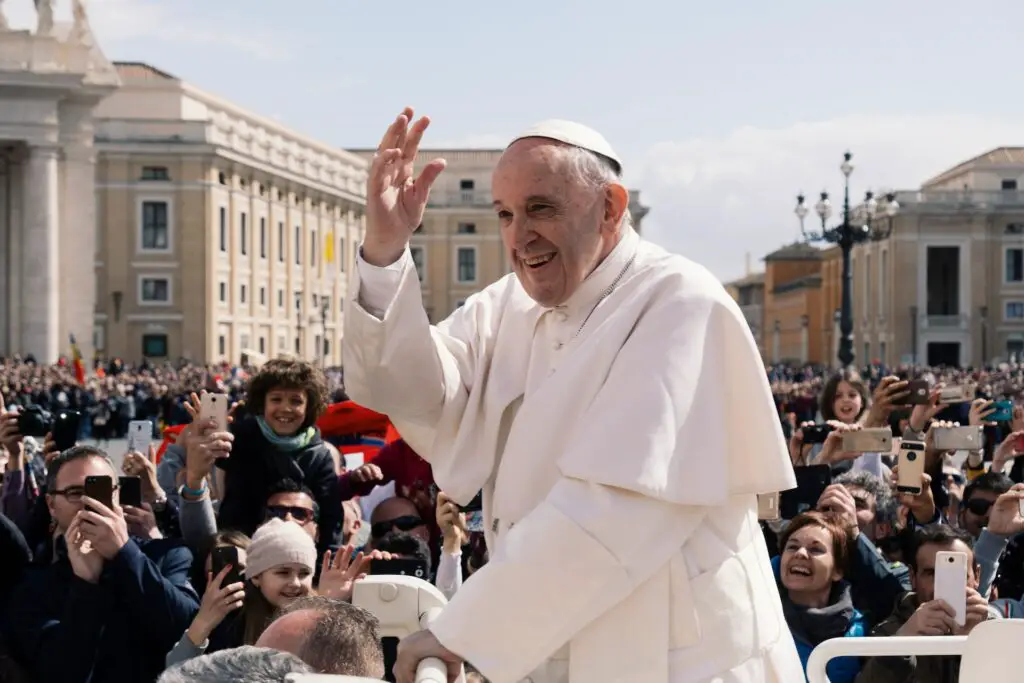
(Scypre.com) – In a recent dialogue with Swiss media outlet RSI, Pope Francis shared his perspective on the ongoing conflict between Ukraine and Russia, underscoring the importance of negotiation and peace. This conversation, part of an interview scheduled for broadcast on March 20, offers insight into the Pope’s views amidst the backdrop of a war that erupted from Russia’s comprehensive assault on Ukraine two years prior, leading to the loss of tens of thousands of lives.
Pope Francis emphasized the need for Ukraine to exhibit what he termed as the bravery associated with a “white flag” – a metaphorical call for negotiation rather than continued conflict. This stance emerged even as Turkish President Recep Tayyip Erdogan proposed a summit in Turkey aimed at brokering peace between the warring nations. Erdogan’s suggestion came after a meeting with Ukrainian President Volodymyr Zelenskiy in Istanbul, where Zelenskiy affirmed his desire for peace without conceding any Ukrainian territory.
Zelenskiy’s stance on peace involves the full withdrawal of Russian forces from Ukrainian soil and the restoration of the country’s sovereign borders, a proposition that Moscow has categorically rejected. At the time of Pope Francis’s remarks, there was no immediate response from Zelenskiy’s office.
In the interview, Pope Francis responded to a question that framed the conflict in terms of surrender – whether Ukraine should capitulate to prevent further losses or persist, possibly legitimizing the aggressor’s actions. The Pope acknowledged this dichotomy but advocated for negotiation as a courageous act, one that considers the welfare of the people over the continuation of hostilities.
He further noted the essential role of international powers in facilitating such negotiations, highlighting the importance of diplomatic efforts to achieve a ceasefire. The Vatican, through spokesperson Matteo Bruni, clarified that Francis’s use of “white flag” was a metaphorical reference to the pursuit of peace through dialogue.
Throughout his papacy, Francis has frequently called for peace and negotiation in conflict zones, including sending a peace envoy to Kyiv, Moscow, and Washington to engage with leaders directly. He underscored the importance of not letting shame hinder negotiation efforts, especially given the alternative’s dire consequences.
Pope Francis also reflected on other global conflicts, asserting that negotiation is not synonymous with surrender but a viable path to resolving disputes. His comments come in a context where Ukrainian President Zelenskiy reported substantial military and civilian casualties due to the conflict, underlining the urgent need for a peaceful resolution.
Pope Francis’s message is clear: negotiation and diplomacy should be prioritized to prevent further loss of life and achieve lasting peace, a principle that applies not only to the situation in Ukraine but to conflicts worldwide.